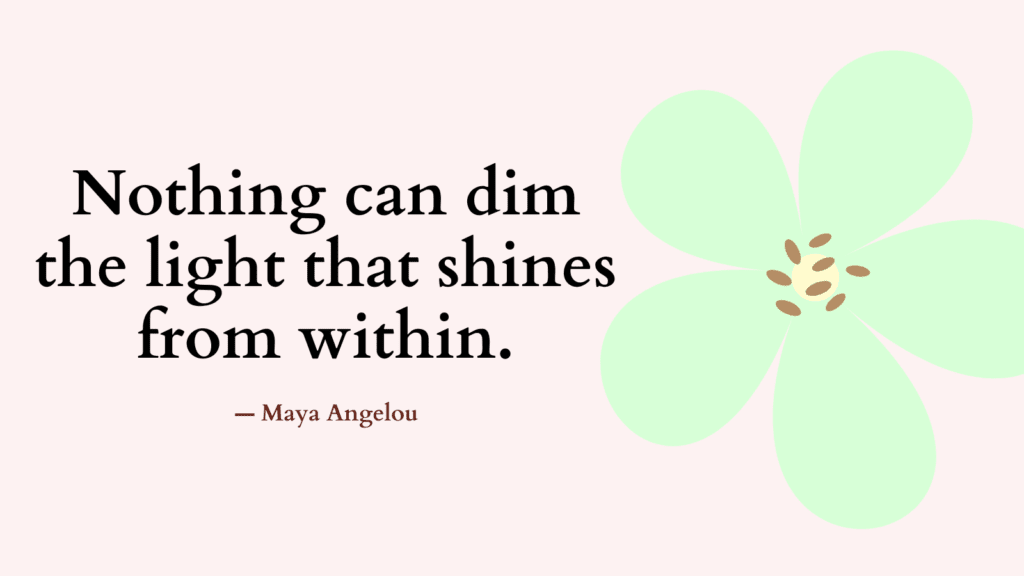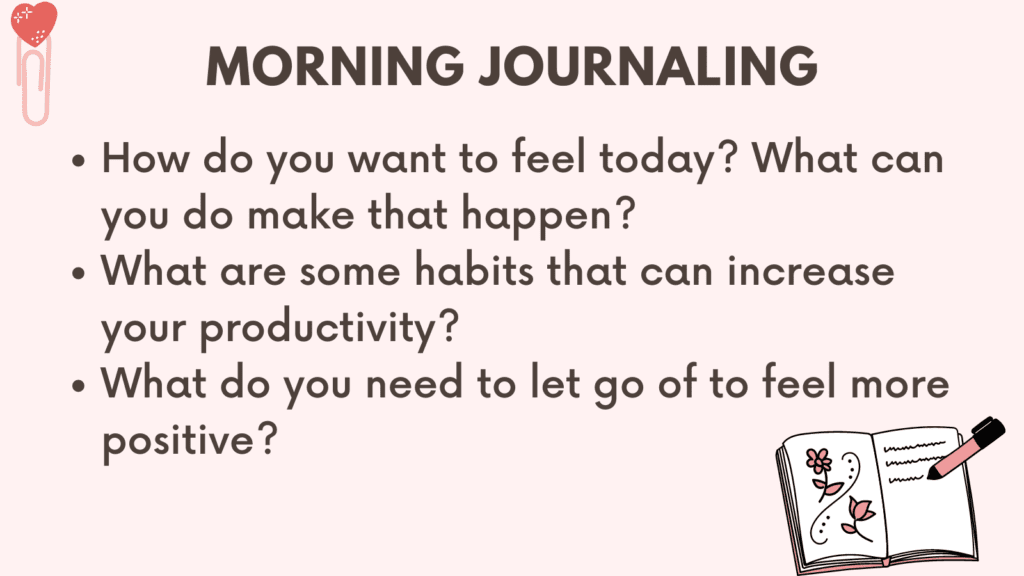This post contains some of the best journal prompts for relationship anxiety.
What Are Journal Prompts?
Journal prompts are ideas or questions that are designed to inspire you to write in your journal.
They can help you to explore your thoughts and feelings, reflect on your experiences, and gain deeper insights into yourself and the world around you.
Journal prompts can be specific, such as asking about a particular event or emotion, or they can be more general, inviting you to consider a broad topic or theme.
Journal Prompts For Relationship Anxiety
1. What are the situations that trigger your anxiety in relationships?
2. How does your anxiety affect your partner and relationship?
3. What are your biggest fears and concerns when it comes to relationships?
4. Do you worry you may not be good enough for someone? Why?
5. How do you think learning to better manage your relationship anxiety could improve your life?
6. How do you handle conflict in relationships?
Related: Do I Have Relationship Anxiety Quiz
7. What do you think is the root cause of your anxiety in relationships?
8. How have past relationships contributed to your relationship anxiety?
9. What do you find most challenging about relationships?
10. What makes you feel most insecure in your relationships?
11. What beliefs do you have about yourself that are contributing to your relationship anxiety?
12. What do you tend to do or avoid doing to reduce your relationship anxiety? What healing coping skills can you use to manage your anxiety?
Related: Is It ROCD Or Am I Not In Love? Top 4 Powerful Ways to Overcome Relationship Anxiety And ROCD
13. How can you work on increasing your self-esteem?
14. What can you do to make yourself feel more secure in relationships?
15. What can your partner do to help you feel more secure?
Related: Anxious Preoccupied Attachment Style (What Is It & How To Overcome It?)
Jealousy Worksheets
Benefits of Using Journal Prompts for Relationship Anxiety
Using journal prompts for relationship anxiety can have several benefits, including:
1. Increased Self-Awareness: Regular journaling can help you become more aware of your thoughts and feelings surrounding your relationship anxiety. You may begin to notice patterns or triggers that contribute to your anxiety, which can help you address these issues in a healthy way.
2. Reduced Stress: Writing down your thoughts and emotions can help reduce stress and anxiety by giving you an outlet to express your feelings. Taking time to reflect on your feelings and experiences can also help you gain perspective and put things into context.
3. Improved Communication: Journaling can also help improve communication skills in your relationships. As you become more comfortable expressing yourself through writing, you may find it easier to communicate your thoughts and feelings to your partner.
4. Strengthened Relationships: By addressing your relationship anxiety through journaling, you can work towards building stronger, healthier relationships. This may involve setting boundaries, learning to trust your partner, and/or improving communication.
Related: Top 25 Self-Reflection Journal Prompts
How to Use Journal Prompts for Relationship Anxiety?
Here are some steps you can follow to use journal prompts for relationship anxiety:
1. Find a quiet and comfortable space where you can write without distractions.
2. Start by choosing a journal prompt that resonates with you.
3. Write down your thoughts freely and openly without judgment or censorship. Allow yourself to explore your emotions, feelings, and concerns.
4. Reflect on what you have written. You might consider:
– What patterns or themes do you notice in your writing?
– What insights or realizations have you gained from your journaling?
– What actions or steps can you take to address your relationship anxiety?
5. Repeat this practice regularly, either daily or weekly, to develop a deeper understanding of your relationship anxiety and find ways to overcome it.
Related: Best 10 Self Discovery Books
Conclusion
Relationship anxiety can be overwhelming, and journal prompts can be a helpful tool to explore and process these feelings.
Remember to be kind and compassionate with yourself throughout the process.



